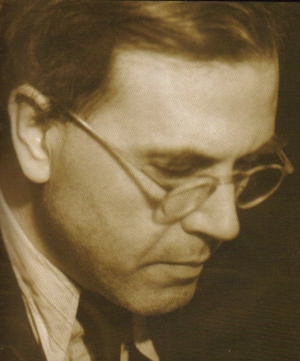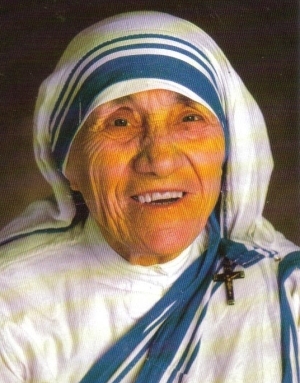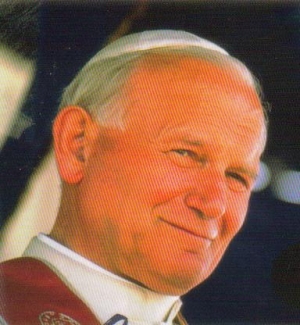 The eminent Catholic philosopher Dietrich Von Hildebrand; whose love of Truth led him to oppose the Nazis at great personal cost.
The eminent Catholic philosopher Dietrich Von Hildebrand; whose love of Truth led him to oppose the Nazis at great personal cost.It is fashionable today to think of Christianity as unreasonable. Sadly, many Christians respond to this phenomenon by retreating into the realm of emotion; where feelings become one’s main guide in the life of faith. This can even be seen in some expensive programmes of evangelisation and outreach.Â
For sure, emotions are not to be ignored, but because we are created in the Image and Likeness of God, they are to be brought under the control of the higher faculties of the soul; the memory, intellect and will. Yet, even these faculties are limited and need to be continually purified by the life of Grace, and by growing in knowledge of the Faith through prayerful and studious reading of (at least) the Sacred Scriptures and the Catechism of the Catholic Church.Â
Pictured above is Dietrich Von Hildebrand, one of the greatest thinkers of the 20th Century; a man who was led into the Catholic Church after his mentor, the brilliant philosopher Max Scheler asked him ‘What is a saint?’

Alice Von Hildebrand relates, in the biography of her husband, how Scheler applied the gifts of his genius to sketch for Von Hildebrand the essence of sanctity. Using Saint Francis of Assisi as an example, Scheler demonstrated how his holiness could not be explained in purely ethical terms; his holiness had to come from a higher source; i.e. God and His unmerited, free gift of Grace (God’s life in the soul). I’ve mentioned before that a part of my own conversion included my Providential meeting with a nun from Mother Teresa’s Sisters of Charity in Liverpool. This nun profoundly understood me as a young man; her vision pierced my soul and her sanctity, authenticity and integrity touched me deeply. Whilst there was obviously an emotional response involved, this encounter with her being engaged all the faculties of my soul on its journey to God and His Church. In meeting that nun I also met Christ.
 As Max Scheler demonstrated in the case of St. Francis, a person like Mother Teresa (or indeed that sister from her community) poses a challenge to reason, because she transcends merely rational attempts to define her being and remarkable actions of love for the poor. Reason is engaged and yet discovers its limits because the driving force within these souls was so powerful and mysterious that it effects the lives of millions, and continues to do so even many years after their deaths.Â
As Max Scheler demonstrated in the case of St. Francis, a person like Mother Teresa (or indeed that sister from her community) poses a challenge to reason, because she transcends merely rational attempts to define her being and remarkable actions of love for the poor. Reason is engaged and yet discovers its limits because the driving force within these souls was so powerful and mysterious that it effects the lives of millions, and continues to do so even many years after their deaths. Perhaps John Paul II said it best, just 2 days after Mother Teresa’s death;Â
‘I have a vivid memory of her diminutive figure, bent over by a life spent in the service of the poorest of the poor, but always filled with inexhaustible interior energy: the energy of Christ’s love. Missionary of Charity: this is what Mother Teresa was in name and in fact.’
That power is not a mere force. It is personal. It is the very living power of God!



